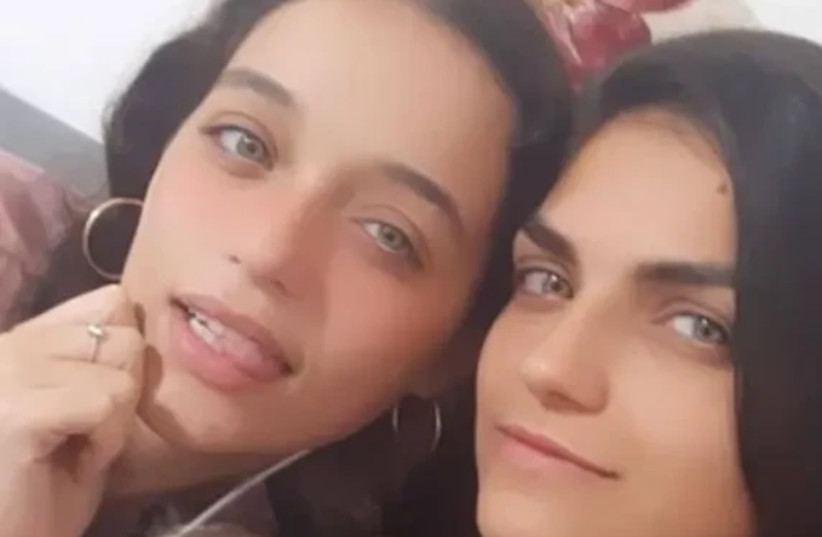The Israeli Jewish woman who was shot and killed by IDF soldiers on Tuesday after disguising herself as a terrorist, apparently in a deliberate act to end her own life, has been identified as 26-year-old Sapir Livnat Green.
Green arrived at the Metsudat Yehuda checkpoint in the South Hebron Hills area on Tuesday afternoon, dressed all in black and stereotypical Arab garb and brandishing a gun.
She then approached the IDF soldiers, running at the checkpoint while shouting "Allahu Akbar," at which point the soldiers opened fire, killing her.
While the woman was initially misidentified and reported to have been a Palestinian terrorist, it was soon discovered that she was Jewish and that she had suffered from severe mental health issues and suicidal ideation throughout her life.
Over the years, Green was hospitalized several times as a result of her mental health issues, and served as a lone soldier in the IDF, completing her two years and eight months of mandatory service as a combat soldier in the Israel Border Police after advocating for herself extensively throughout the drafting process.

An unspecified amount of time before her death, Green had spoken to a friend about theoretically attempting to end her own life in this way, N12's Yaakov Cherki reported on Tuesday night.
In a screenshot shared by Cherki, a message from Green reads: "If someone that wanted to die, a regular Jewish person, put on Arab clothing and runs with a fake weapon in the direction of a checkpoint in the settlements, shouts Allahu Akbar, because they want to be shot because they want to die, and then they shoot them in the legs only and they don't die, will they be sent to prison? And if so, how long for?"
Green came from a complex and difficult background, her former mentor from a program for at-risk youth recounted to Walla on Wednesday morning.
"She went through many traumatic events, ever since she was a child," said the mentor. "She came from a difficult family background. Her mother has struggled with mental illness as well and spent most of her time in psychiatric hospitals, and her father passed away six years ago... even when she was a girl she tried to hurt herself, and the system didn't know how to deal with it."
"She came from a difficult family background. Her mother has struggled with mental illness as well and spent most of her time in psychiatric hospitals, and her father passed away six years ago... even when she was a girl she tried to hurt herself, and the system didn't know how to deal with it."
At-risk youth mentor
"I don't want to find myself dead just like that"
In February 2022, Green lost her best friend Tikva Saban to suicide, after she overdosed on sedatives while Green was with her. Despite Green's attempts to resuscitate Saban when she discovered what had happened, the young woman passed away.
Saban's story made the news the month before she took her own life, after she phoned an Israel Police hotline back in January 2022, seeking assistance for her suicidal ideation, and was instead verbally abused by the officer who answered the phone.
"You're an idiot that wants to kill yourself, kill yourself then," the officer told her. "Kill yourself and don't tell us anything about it."
Saban took her own life less than a month later.
Shortly after her best friend's death, Green gave an interview to Channel 13, speaking about their friendship, and navigating the difficult loss.
"Something in the chemistry between us was good. She understood me and I understood her. She was like family to me," Green said at the time.
"My pain is enormous. I didn't function for a week, I didn't want to accept that she wouldn't come back to life. I just remained alone."
Concluding the interview, Green said: "I don't want to find myself dead just like that."
If you, or someone you know, were affected by the topics covered in the article, help can be received from the following places:
Suicide hotline: *1201 (press 3 for languages and then select English)
Anxiety and trauma victims hotline: 1-800-363363
24-hour hotline for victims of abuse, mental and emotional stress: 02-301-1160
